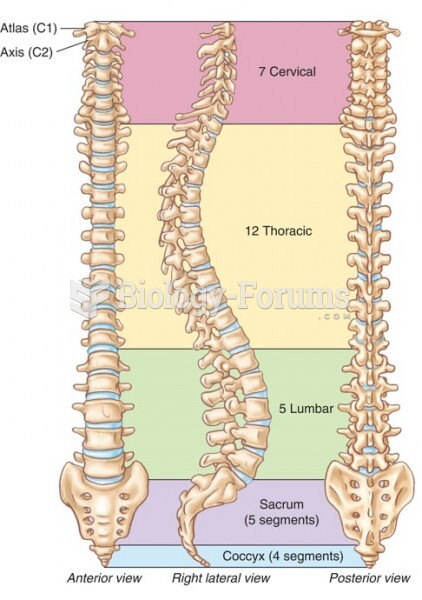Answer to Question 1
effleurage
Effleurage is massaging upward and outward from the vertebral column and back again. Gliding strokes, used without manipulation of deep muscles, smooth and extend muscles, increase nutrient absorption, and improve lymphatic and venous circulation.
Answer to Question 2
D
An allergic reaction ranges from mild to severe, depending on the patient and the medication. Among the different classes of medications, antibiotics cause a high incidence of allergic reactions. Sudden constriction of bronchiolar muscles, edema of the pharynx and larynx, severe wheezing, and shortness of breath are characteristic of severe or anaphylactic reactions. Some patients become severely hypotensive, necessitating emergency resuscitation measures. Anaphylaxis is potentially fatal. Medications often cause unpredictable effects, such as an idiosyncratic reaction, in which a patient overreacts or underreacts to a medication or has a reaction that is different from normal. However, the symptoms displayed by this patient are classic anaphylactic symptoms. Toxic effects develop after prolonged intake of a medication, when a medication accumulates in the blood because of impaired metabolism or excretion, or when too high a dose is given. Two doses of a medication usually are not enough to develop toxic effects. Side effects are predictable and often unavoidable secondary effects produced at a usual therapeutic drug dose. Anaphylaxis is usually unpredictable initially and is avoided after the first reaction by listing the cause of the anaphylaxis in the allergy alert section of the patient record.







